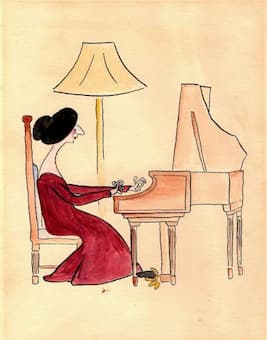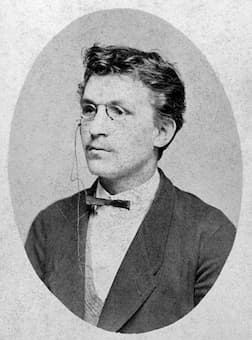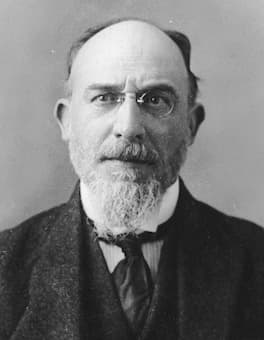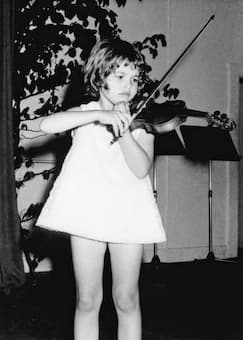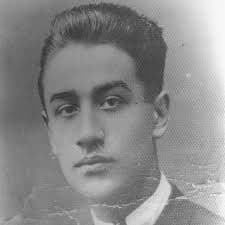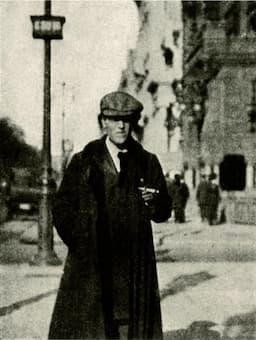Wanda Aleksandra Landowska, born to Jewish parents in Warsaw on 5 July 1879, played a seminal role in reviving the popularity of the harpsichord in the early 20th century. A champion of 17th and 18th-century music and the leading figure
On This Day
Hukvaldy was described as the largest fortified castle in Moravia belonging to the bishops of Olomouc. In time, a small village began to grow up beneath the castle in the second half of the eighteenth century. The village sported a
The so-called “February Manifesto,” issued on 15 February 1899 was a Russian imperial proclamation that revoked Finland’s autonomy within the Russian Empire. Finland was ceded by Sweden to Russia in 1809, and gained the status of a grand duchy. While
Decades of heavy alcohol consumption finally caught up with Erik Satie in February 1925. He started to experience a rapid decline in health due to cirrhosis of the liver and pleurisy in January 1925, and he was initially cared for
Winning the prestigious International Chopin Piano Competition in 2005 immediately thrust Rafał Blechacz into the international limelight. He had became the first Polish musician to win the competition in 30 years, and in addition to winning first prize, he was
Anne-Sophie Mutter was born on 29 June 1963 in the German town of Rheinfelden, Baden-Württemberg. Her parents Karl Wilhelm Mutter and Gerlinde Mutter did not play musical instruments, but they were passionate about classical music. Anne-Sophie took up the piano
In the eyes of many critics, the career of Romanian conductor, composer and music theorist Sergiu Celibidache was deeply controversial and beset by contradictions. “While advocating the gentle themes of Zen, he could treat individuals with brutal contempt.” In fact,
After listening to Mahler’s Ninth Symphony, the American physician and poet Lewis Thomas wrote an essay that addresses the anxieties produced by the development of nuclear weapons. “I cannot listen to Mahler’s Ninth with anything like the old melancholy mixed

